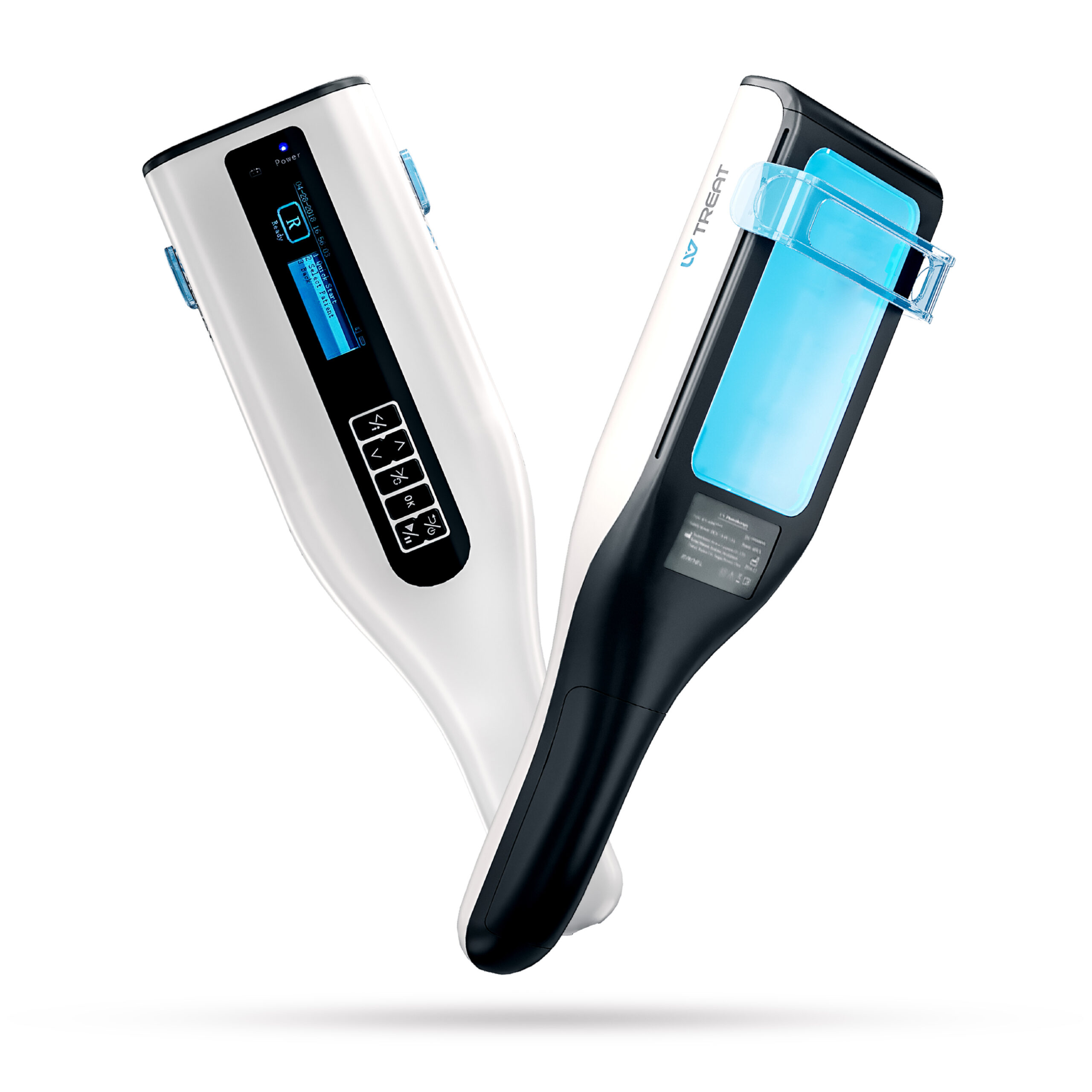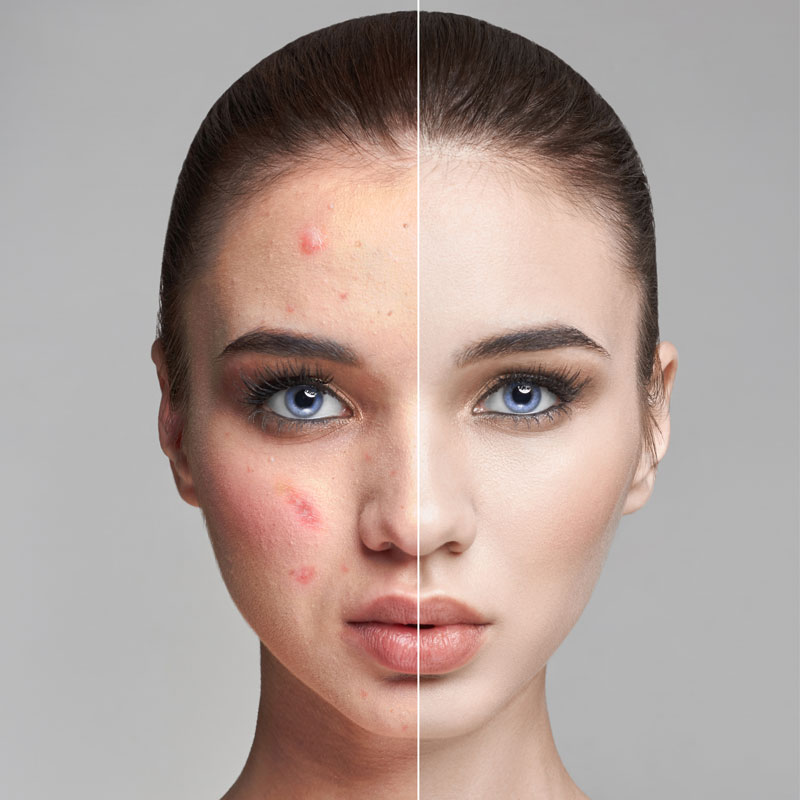Adenosine skincare is becoming a growing buzz in the beauty world as a skin bouncer and line eraser. It is a naturally produced substance that safely promotes hygienic practices on the face by retarding skin aging with no adverse reaction and improves the skin texture.
Unlike more harsh anti-aging ingredients, adenosine treats your skin gently and enhances the natural process of skin renewal. Know your ingredients: by using this, you can achieve smooth and younger looking skin.
Prolonged application of adenosine also has the potential to diminish fine lines and improve the elasticity of the skin. Therefore, adenosine offers a promising road to effective, and well-tolerated anti-aging skin care in the future.
What Is Adenosine?
Adenosine is a nucleoside that is present naturally in every cell of the human body. It is an energy transfer system and a cellular metabolism participant, ATP (adenosine triphosphate) being one of the main paths. In beauty products, adenosine is produced for stability and uniformity, though it is similar in structure to the molecule your body makes itself.
The health/beauty industry has been using adenosine in anti-aging skincare after it came to the light through various studies that it has a profound impact on the behavior of skin cells. It is recognized as such by local and international health regulatory authorities. For example, South Korea’s Ministry of Food and Drug Safety awards it the status of a functional cosmetic ingredient for wrinkle improvement.
Benefits of Adenosine in Skincare
From smoothing and brightening the skin to fighting the signs of aging, the benefits of adenosine in a skincare line are well documented, and it’s definitely an interesting ingredient to seek out for those who desire younger-looking skin:
- Wrinkle Reduction: Studies suggest that adenosine can reduce the visibility of wrinkles and fine lines when used regularly.
- Collagen Stimulation: Enhances production of collagen, which keeps skin firm and elastic. Retards the development of visible signs of ageing.
- Skin Smoothing: Enhances cellular turnover, natural repair and renewal, to deliver smoother, more evenly textured skin, both topically and long term.
- Repairing your cells: Boosts your skin’s healing, resulting in a radiant, more resilient complexion.
How Adenosine Works on the Skin
So adenosine in skincare is so effective because it works on different cell-signalling pathways and stimulates fibroblast cells that make more collagen and elastin — vital for young, firm skin. Its anti-inflammatory effects soothe redness and promote an optimal skin rejuvenation environment, by directly influencing protein synthesis related to skin structure. Studies suggest adenosine can also affect DNA instructions for aging, which makes it a top pick for targeting fine lines while enhancing the skin’s regenerative potential.

Uses of Adenosine in Products
Adenosine is present in different product formats to address various skincare concerns. Serums contain highly concentrated ingredients that are quickly absorbed and can be easily layered with other products. Moisturizers, night treatments, and anti-wrinkle creams that provide hydration with the added benefits of anti-aging are some of the options in which adenosine cream might be found. Eye creams fight crow’s feet and fine lines around the delicate skin of the eye area, while sheet masks and treatment masks deliver an intensive dose for weekly care or when your skin is under the weather and needs extra attention.








